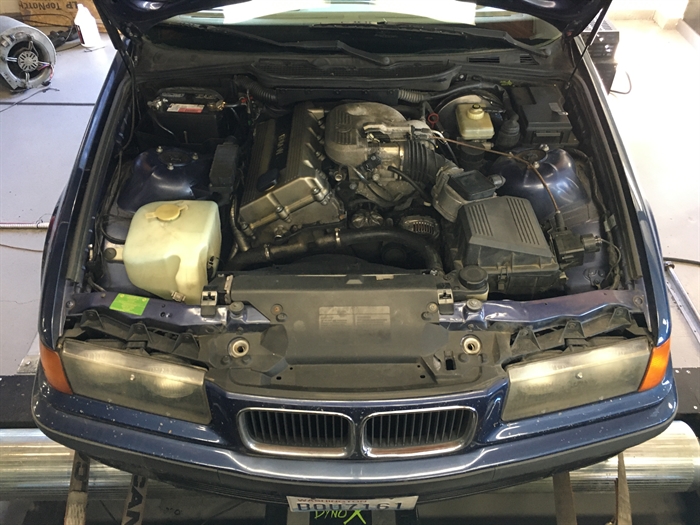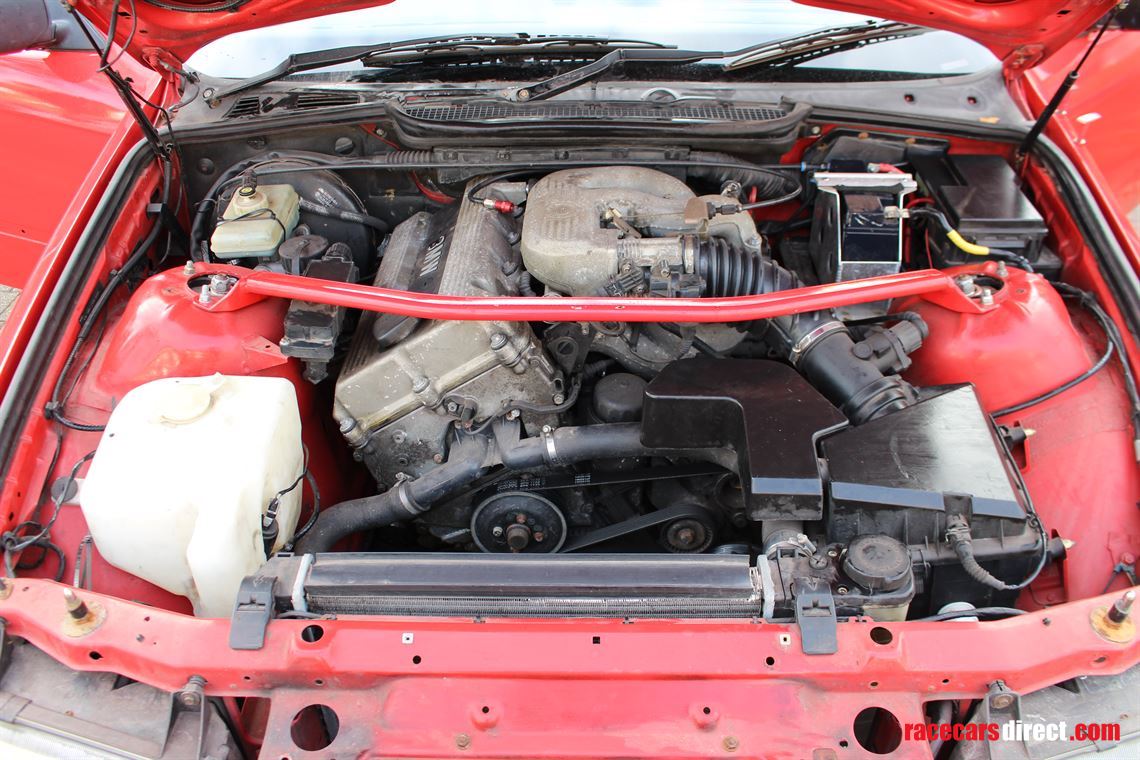BMW 318ti Review: What Makes This Model Stand Apart
BMW 318ti Review: What Makes This Model Stand Apart
Blog Article
Important Factors To Consider for Choosing the most effective Engine for Your Needs
In the world of selecting the excellent engine to satisfy your needs, several critical variables demand careful factor to consider to guarantee optimum performance and effectiveness. From the nuanced equilibrium between power and efficiency to the often-overlooked facets of maintenance and solution needs, each facet plays an essential function in determining one of the most ideal engine for your particular requirements. As the intricacy of engine technologies remains to develop, critical the most fitting choice demands a deep understanding of the interaction between numerous considerations. By checking out the detailed web of elements that underpin this decision-making procedure, a more clear course emerges towards choosing an engine that not only satisfies however exceeds your expectations.
Power and Performance
When evaluating engines for ideal efficiency, it is crucial to prioritize both power result and efficiency. Effectiveness refers to just how well the engine transforms fuel into functional power. By carefully examining both power and performance, you can pick an engine that delivers optimal performance and satisfies your needs effectively.
Fuel Effectiveness and Economic Situation
In the realm of engine selection, the consideration of fuel effectiveness and economic situation holds paramount significance. Fuel effectiveness refers to the engine's capability to convert fuel right into power with marginal waste, straight influencing operating expense and ecological sustainability. bmw 318ti. When picking an engine, assessing its fuel economy is vital to establish long-lasting cost savings and ecological impact. Engines with greater gas efficiency not just minimize fuel expenses however likewise reduce carbon discharges, adding to a greener operation.

Compatibility and Application
Taking into consideration the fuel efficiency and economy of an engine, the next crucial element to address is its compatibility and application within specific functional contexts. Compatibility describes exactly how well the engine integrates with the total system or equipment it powers. It entails factors such as physical measurements, placing choices, electric interfaces, and control systems. Making certain compatibility is important to avoid problems such as getting too hot, vibrations, or power discrepancies (bmw 318ti).
Moreover, the application of the engine is similarly crucial. Various engines are designed for particular objectives, whether it be commercial equipment, aquatic vessels, automobiles, or power generators. Comprehending the designated application enables the option of an engine that can deliver the required power output, torque, and operational features. A high-revving engine created for efficiency cars and trucks would not be see this page appropriate for sturdy building and construction tools that calls for high torque at reduced rates.
Maintenance and Solution Demands
Upkeep and service demands play a see post critical role in guaranteeing the long life and optimum performance of an engine. Normal upkeep is necessary to avoid malfunctions, expand the life expectancy of the engine, and preserve its performance. When selecting an engine, it is vital to consider the manufacturer's suggested upkeep schedule and the accessibility of solution facilities or certified technicians.
Factors such as the frequency of oil modifications, filter replacements, and general examinations can significantly impact the engine's efficiency. Some engines might call for even more constant maintenance based upon their layout and use, while others might have longer intervals between maintenance checks. It is important to comply with these service needs to stay clear of expensive repairs and unanticipated downtime.

Expense and Spending Plan Considerations
Spending plan restrictions frequently play a significant duty in the decision-making process when selecting an engine for a certain application. When taking into consideration the expense and budget effects of choosing an engine, it is vital to examine not just the visit our website preliminary acquisition rate however additionally the long-lasting expenditures connected with upkeep, fuel usage, and possible upgrades or fixings. It is vital to strike a balance between the in advance cost of the engine and its general lifecycle costs to guarantee that the selected engine continues to be economically lasting throughout its functional lifespan.
Elements such as fuel efficiency, longevity, and integrity can straight affect the complete expense of ownership of an engine. While a more pricey engine may have higher ahead of time expenses, it could possibly result in lower upkeep and fuel expenditures over time, therefore providing much better value in the lengthy run.
Verdict

Fuel performance refers to the engine's capacity to transform fuel right into power with minimal waste, straight impacting operating costs and environmental sustainability.Elements influencing gas performance include engine layout, burning performance, and overall performance optimization. Furthermore, selecting the ideal fuel type and quality as suggested by the engine supplier can further improve effectiveness and lengthen engine lifespan.
Engines with great serviceability functions and conveniently offered components can lower upkeep prices and lessen the time the engine is out of operation - bmw 318ti. It is vital to strike a balance between the ahead of time price of the engine and its overall lifecycle costs to guarantee that the picked engine remains financially sustainable throughout its functional lifespan
Report this page